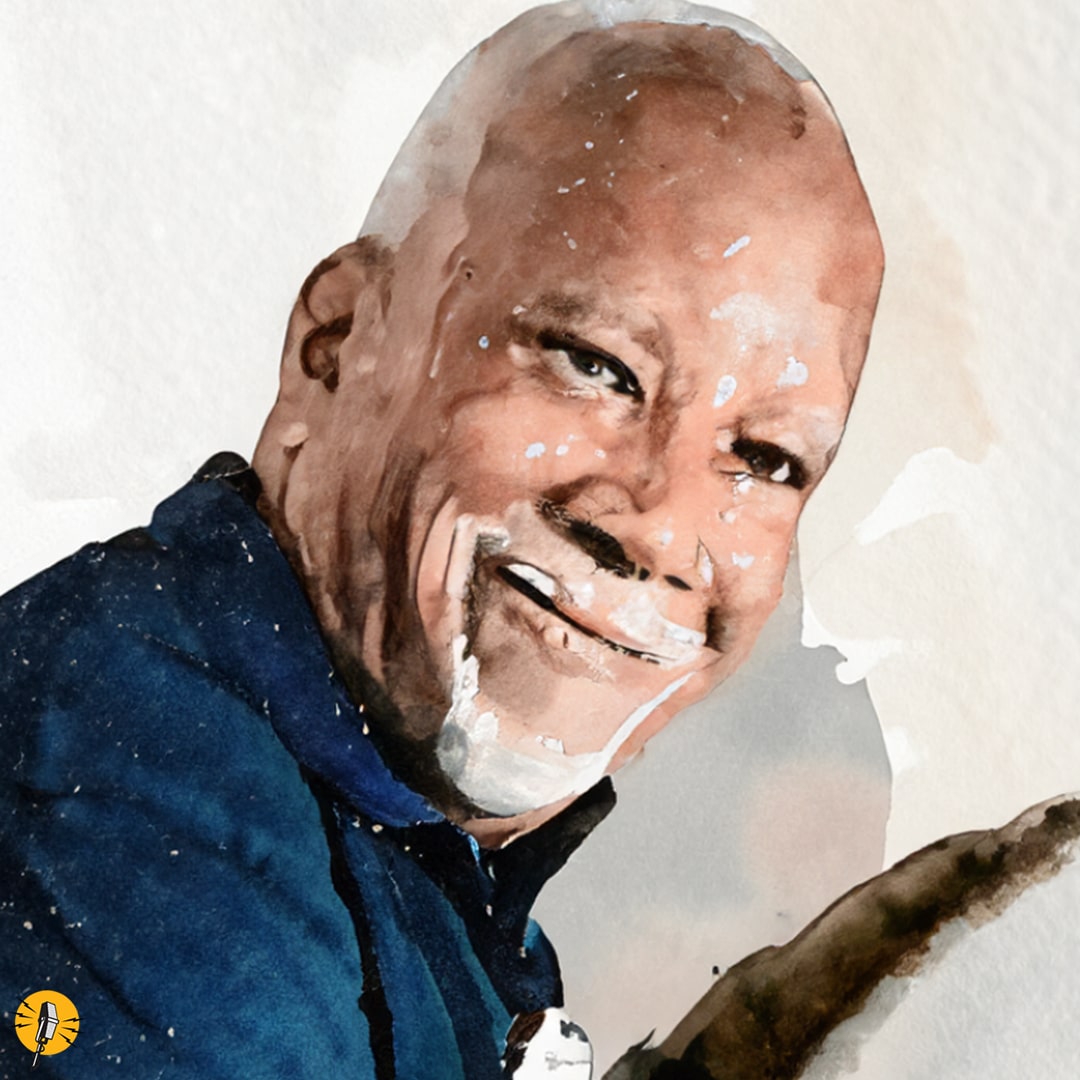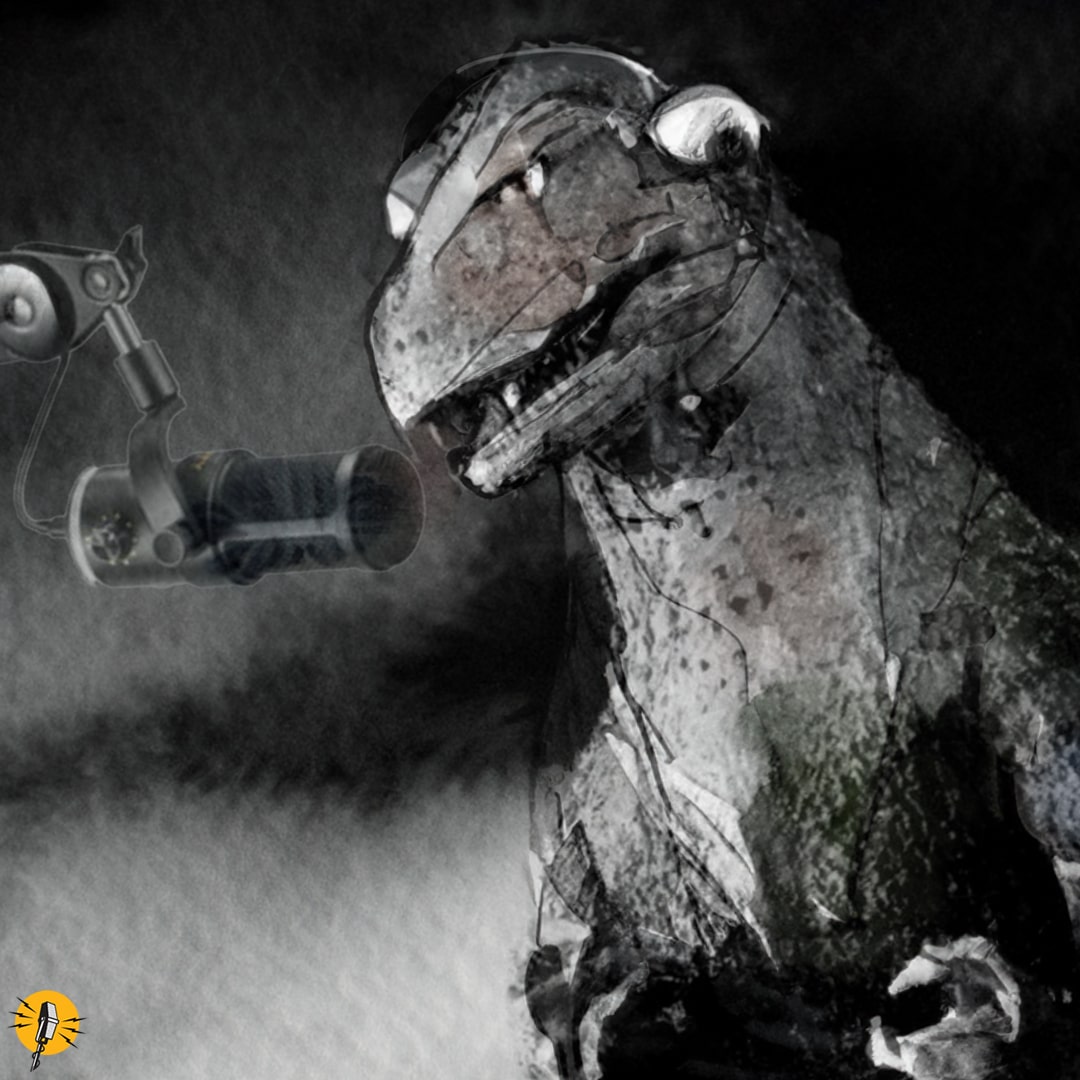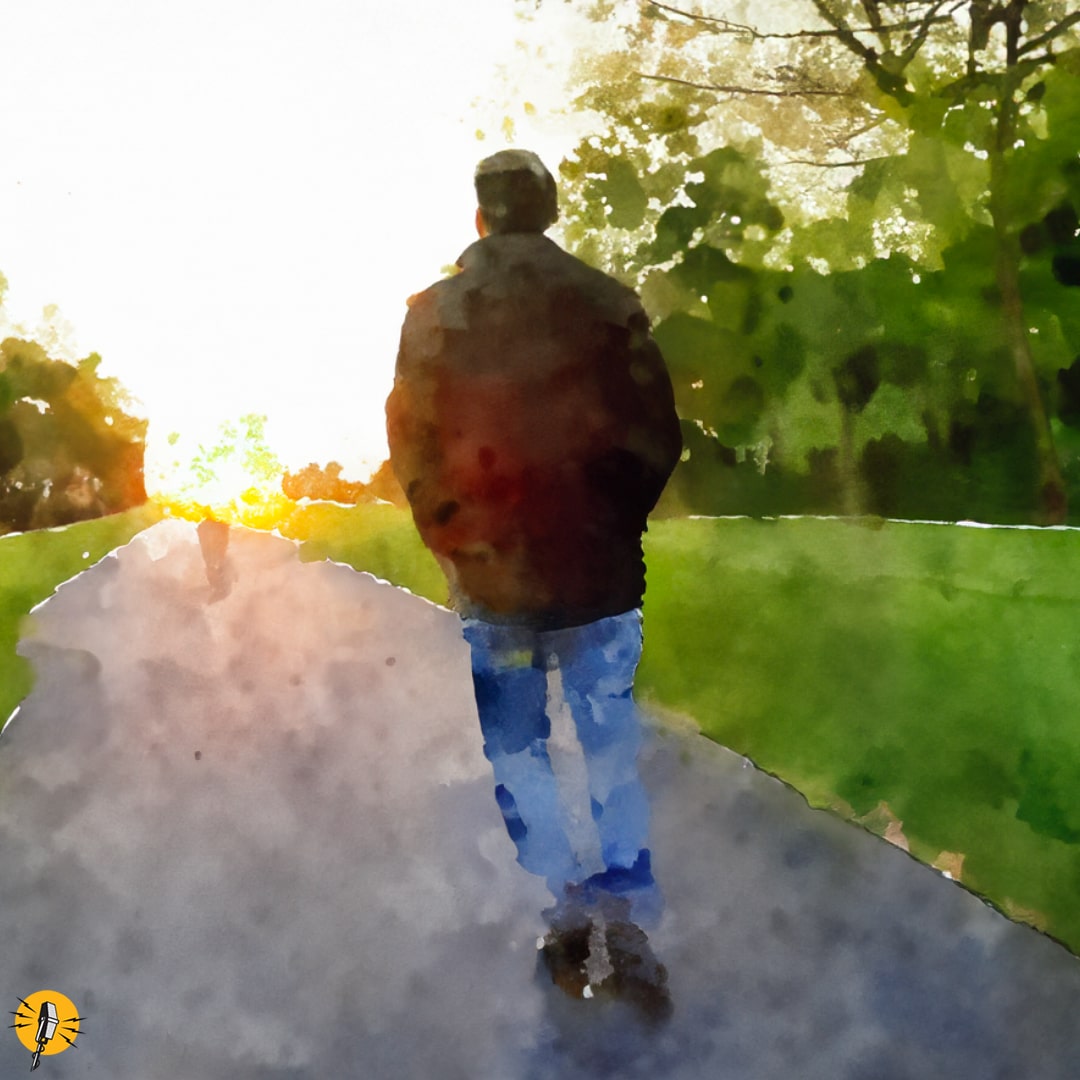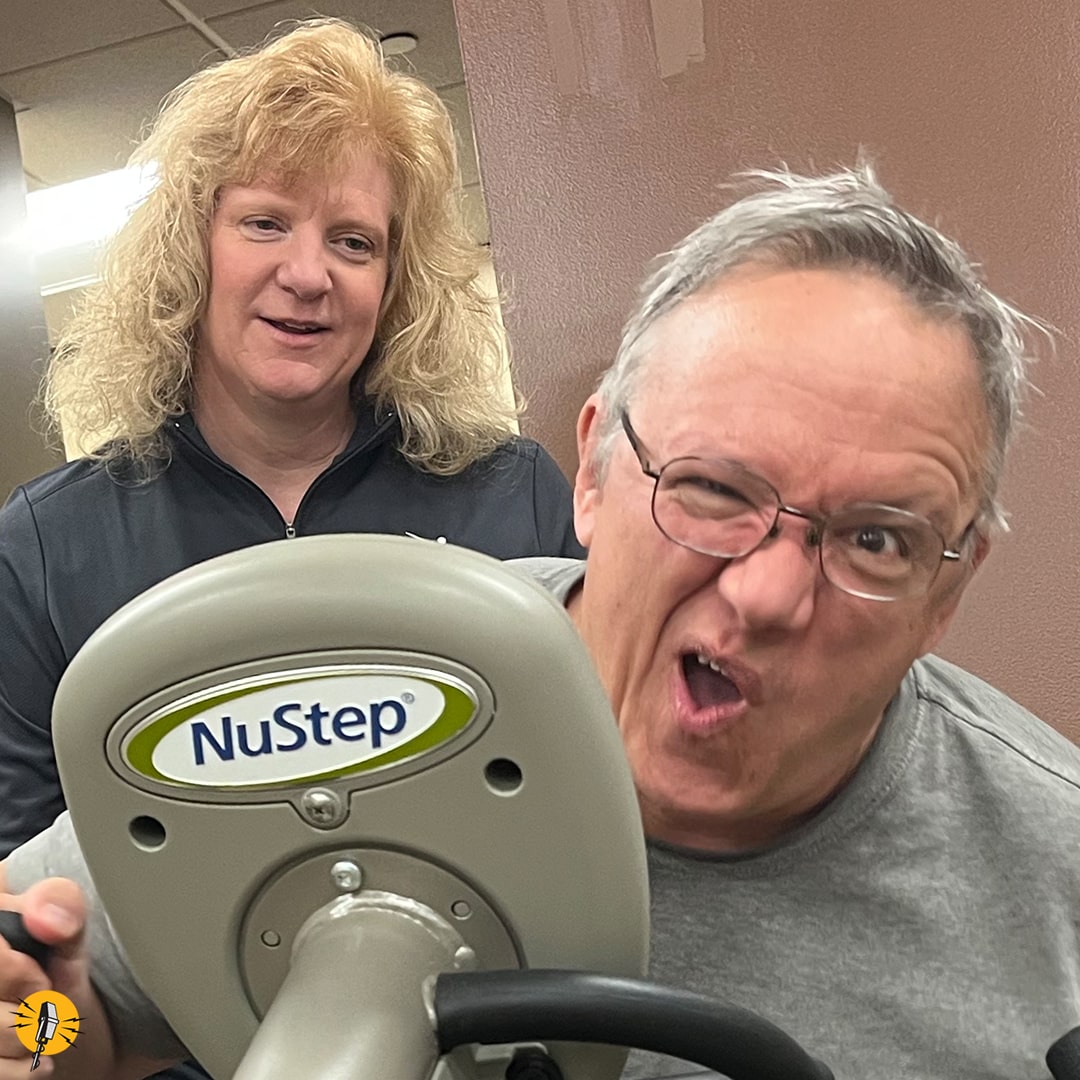
It turns out that the mind-body connection works both ways. Sometimes the biggest barrier keeping you from your success is located between your ears – which is why its important to understand how physical trauma can bring on depression and how your mental health affects your recovery.
I have to admit, this post has been exceptionally difficult to write. When I started blogging about my recovery from the fall I experienced last October, I thought I could keep things fairly upbeat and positive. You know, like me.
But after six or seven months of rigorous physical therapy, dealing with pain, allowing my body to heal, and then going a long-awaited vacation to Thailand and Singapore, I came home to a stark realization.
I was depressed.
Maybe it was that “after vacation letdown” that some people experience after they finally take that trip they’ve dreamed about for a lifetime. (In fact, nearly 1 in 5 travelers experience a short depression after they return from vacation.)
Maybe it was the fact that my wife and I both came down with a cold after 30+ hours of travel back (too much time in airports and the desert air in Qatar may have contributed to that – but at least it wasn’t Camel Flu).
All I know is that I was overwhelmed. Completely burned out.
Call me “Extra Crispy” …
For the first time in a long time (since my father’s passing in 1992, actually), I was experiencing a near-constant feeling of dread and insufficiency. I would sit and stare off into space for who knows how long only to snap out of it and feel even worse for wasting away so much time.
It’s times like these that make working for yourself – from a quiet corner of your home – even more isolating and crushing.
I didn’t know how to explain it to people. I couldn’t find the words. And for a guy who writes for a living, the inability to express how I feel or what I see is frightening.
Could it be the largest obstacle to my recovery might be between my ears?
The short answer to that question is, “yes.” But it’s the longer answer to that question that I found to be most interesting.
There’s more to breaking bones than breaking bones
It turns out that physical trauma – either accidental or on purpose – changes you. All of you. Not just the physical part, but also the emotional, intellectual, and in some cases, spiritual parts, too. Looking back on the posts I’ve made about my “trail back” hints at those changes (and I’ll probably dive deeper into them as time goes on). But in this post, I want to share what I’ve learned about my own mental health and how it’s affected by my physical well-being (and vice versa).
In my case, I’m pretty sure my accident was the proverbial “straw that broke the camel’s back” and once the exciting distraction of my first vacation in nearly a decade had passed, I found myself overwhelmed with a sense of guilt and indecisiveness. I was swinging wildly from anger to malaise to anxiety and a whole host of emotions and then back again.
It was very hard for me to concentrate on anything, let alone my PT.
I eventually came to the realization that my physical trauma had brought some friends to my “recovery party.” The injury to my body manifested itself in a number of ways beyond the broken bones and pain.
I was in trouble and knew it, but it was very difficult to explain or talk about. For a person who writes for a living, that’s just all the more confounding.
I knew something was wrong. I’m usually an optimistic person. But my emotions were spiraling in a way I hadn’t experienced before. In fact, I was depressed.
Fortunately, I had a previously scheduled check up with my general practice doctor and so I brought the problem to him. He referred me to a counselor who, over time, has helped guide me on the recovery between my ears and put words to the pain and confusion I’ve experienced while Kathryn has continued to work on my physical rehabilitation.
Understanding the connection between mental and physical health
As it turns out, depression is more than just “feeling blue” and it can be brought on by trauma – either emotional or physical. In my case, I’m fairly certain that the sudden change in my body’s condition helped set the stage for depression to take hold of me.
What happened to me is not all that unusual. Studies show that as many as 33% of people who suffer a traumatic injury experience major depression or PTSD within 90 days of their injury.
And seeking help for the depression from outside is definitely the right thing to do.
This isn’t something to try and work out on your own. In fact, if you’re experiencing depression, anxiety, PTSD or other manifestations of mental distress after an injury (or surgery), you need to get help to address it. Your mental health definitely affects your recovery in both the immediate and long-term.
What changes over time
Once you think about it, it makes sense. There’s a clear connection between trauma brought on by events that are outside of your control and how you handle that stress psychologically. No two people handle those circumstances the same way.
And when that trauma is the result of a physical event, like falling off a ladder or having surgery, your body is going to do what it can to heal and protect itself from experiencing that trauma again.
Your body chemistry changes to facilitate the healing process. And sometimes, those changes come with unexpected consequences.
I talked to Kathryn Ellsworth, my physical therapist, about this to see what she thought.
In my case, the depression I faced, while emotionally distressing, Wasn’t so severe that I faced life-or-death decisions like others might. But as one who describes himself as “happy-go-lucky, “ it was upsetting to find myself to be so irritable and, at times, inconsolable.
Kathryn told me that physical therapists aren’t necessarily trained to look for signs of depression in the patients they treat; she is accustomed to seeing patients dealing with stress outside of the physical restrictions and limitations that they’re experiencing during therapy.
Therapy – both for your body and your psychological well-being – is the tool I’ve used to address the limitations I’ve faced as a result of my accident. But success in therapy comes in little (sometimes undistinguishable) steps.
The fact is, when you’re in therapy, you’re physically not able to do the things you used to do (or the things you think you should be able to do). And no matter how hard you try, the going is slow, and there are setbacks you have to overcome.
But it’s the small steps you make toward your eventual goal that matters. Celebrating small victories along the way provides positive reinforcement that, over time, can make that big goal an achievable one.
I heard the same thing from the mental health counselor I’ve been working with for the past four months.
And it’s paying off. Slowly.
Sometimes, you wonder if you’ll ever get past them at all.
Clearly, there’s a mind–body connection that is worth understanding. I’d highly recommend anyone who has to go through physical therapy improve their understanding of how physical limitations from an injury can affect your demeanor and the way you see the world.
I don’t like being depressed. I’m used to seeing my glass as always being half full. But for once, that wasn’t going to be enough. Thank goodness I have a team of people like Kathryn, my doctors and counselors, and a strong network of family and friends to support me.
It’s good to know you have a team to fall back on during recovery. A team who is there to help pick yourself up and get back on the trail to the things that matter most.
















